Description
| Formula Purposes & Benefits |
| Vision & Eye Support Plus is formulated based on cutting-edge scientific research and expert formulation to support vision health, retinal health, photoreceptor health, immune health, and support antioxidant status.
Vision & Eye Support Plus is a high-quality eye support supplement that contains natural-source lutein and zeaxanthin derived from marigold flowers. These well-researched nutrients, at concentrations of 10 mg and 2 mg per capsule respectively, are known for their vision benefits. The formula also includes the Eye Integrity Support Blend™, which consists of premium botanical ingredients that provide optimal nutritional support. The supplement’s rich zeaxanthin content, obtained from pure marigold, acts as a potent antioxidant carotenoid for retinal health. Vision & Eye Support Plus incorporates a comprehensive blend of biocompatible botanical agents such as organic prickly pear, bilberry, carrot, turmeric, spinach, chlorella, and tomato. This blend offers a diverse range of phytochemicals for additional nutritional support. Backed by scientific research, Vision & Eye Support Plus from Labs is designed to promote optimal eye health and provide comprehensive antioxidant protection. Our formula is proudly made in the USA in an FDA registered facility, following Good Manufacturing Practices (GMP) standards. Our commitment to excellence is reflected in the fact that only 4% of the supplements on the market can match our world-class standards. |
| Formula Ingredient Deck | Benefits Of Each Ingredient |
| Bilberry Fruit Extract | ● May support vision health, cardiovascular function, increased nitric oxide production, blood sugar regulation, and antioxidant support (167,168). |
| Organic Prickly Pear Leaf | ● May support immune health via redox balance, decreased oxidative damage to lipids, and improved antioxidant status in healthy humans (368). |
| Organic Spinach | ● May support antioxidant function, healthy detoxification, improved energy, cardiovascular health, improved exercise performance, and recovery from exercise (336).
● May support antioxidant function via high levels of carotenoids that protect against DNA damage, oxidative stress, and scavenge free radicals (336). ● May support recovery from exercise via reduced muscle damage (336). |
| Chlorella (Broken Cell Wall)
|
● May support antioxidant function through its high levels of carotenoids, which can protect against DNA damage and scavenge free radicals (265).
● May support cardiovascular health by potentially reducing cholesterol and triglyceride levels (265). ● May support detoxification by aiding in the removal of methylmercury from the body (265). ● May potentially combat depression by helping to reduce oxidative stress in the brain (266). |
| Organic Tomato | ● May support prostate health, cardiovascular support, antioxidant, anti-inflammatory, and chemoprotective properties against cancer (191,192, 193).
● May support healthy immune response via scavenging of free radicals and reduced oxidative damage of DNA. (191,192,193). ● May support immune health via carcinogen-metabolizing enzymes, apoptosis (cancer cell death), anti-proliferation, pro-differentiation, and anti-lipid peroxidation activities. (193). |
| Organic Carrot | ● May support vision health, skin health, immune health, and increases antioxidant support (182, 183).
● May support antioxidant function via decreased inflammatory cytokines (inflammation), decreased reactive oxygen species, and increased L-glutathione production (master antioxidant) (182,183) ● May support visual health via increased amounts of plasma vitamin A in macular (eye) tissues (182,183). ● May support lung health via reduced DNA damage in lymphocytes (immune cells) of individuals who smoke (315). |
| Organic Turmeric | ● May support antioxidant, cardio-protective, anti-inflammatory, anti-microbial, nephro-protective, hepato-protective, immunomodulatory, and anti-rheumatic effects (123).
● May reduce inflammation via decreases of inflammatory markers such as c-reactive protein, interleukin 6, tumor necrosis factor, and decreased cytokine production (123). ● May support joint health via decreases in connective tissue inflammation and improved pain in individuals with osteoarthritis (122). ● May support blood sugar regulation via increased pancreatic beta cell function and improved insulin sensitivity (121). ● May support cardiovascular and liver health via reduced accumulation of advanced glycation end products (AGE), reduced lipid peroxidation, and improved vascular function. ● Curcumin may exhibit an antioxidant activity via scavenging of superoxide anion (∙O2−∙) and hydroxyl radicals (∙OH) (scavenging of inflammation molecules) (118,119). ● Curcumin may modulate breast carcinogenesis through its effect on cell cycle and proliferation, apoptosis, senescence, cancer spread and angiogenesis (119). ● May target cancer growth pathways such as the NFkB, PI3K/Akt/mTOR, MAPK and JAK/STAT, and may suppress tumor growth (119). |
| Lutein & Zeaxanthin
(from Marigold flower) |
● A carotenoid that may support vision health, immune health, cardiovascular health, and combats diabetic retinopathy (155,156).
● May support increased lutein concentration in the macula and exhibits various features such as anti-inflammatory, anti-oxidative, and blue light-filtering effects (155,156). ● May support visual health via increased lutein concentration in the macular layer of the retina, reduced susceptibility to age-related macular disease, reduced prevalence of cataracts, and improved plasma level of lutein and retinal macular pigment level (155,156). |
| Proper Use of This Supplement |
| Suggested Use: Take 1 capsules daily or as directed by a health professional. |
| Our Formula Vs Other Formulas on the Market. | |
| 1. Our formula is GMP certified and made in an FDA registered facility. | 1. Source cheap ingredients from heavily polluted soils. |
| 2. High quality vision support product in a bioavailable and efficaciously dosed formula. | 2. Uses cheap vision herbs that may have heavy metals due to poor product quality and fillers. |
Sources:
- Chilelli, N. C., Ragazzi, E., Valentini, R., Cosma, C., Ferraresso, S., Lapolla, A., & Sartore, G. (2016). Curcumin and Boswellia serrata Modulate the Glyco-Oxidative Status and Lipo-Oxidation in Master Athletes. Nutrients, 8(11), 745. https://doi.org/10.3390/nu8110745
- Barzegar, A., & Moosavi-Movahedi, A. A. (2011). Intracellular ROS protection efficiency and free radical-scavenging activity of curcumin. PloS one, 6(10), e26012. https://doi.org/10.1371/journal.pone.0026012
- Banik, U., Parasuraman, S., Adhikary, A. K., & Othman, N. H. (2017). Curcumin: the spicy modulator of breast carcinogenesis. Journal of experimental & clinical cancer research : CR, 36(1), 98. https://doi.org/10.1186/s13046-017-0566-5
- Suhett, L. G., de Miranda Monteiro Santos, R., Silveira, B., Leal, A., de Brito, A., de Novaes, J. F., & Lucia, C. (2021). Effects of curcumin supplementation on sport and physical exercise: a systematic review. Critical reviews in food science and nutrition, 61(6), 946–958. https://doi.org/10.1080/10408398.2020.1749025
- Pivari, F., Mingione, A., Brasacchio, C., & Soldati, L. (2019). Curcumin and Type 2 Diabetes Mellitus: Prevention and Treatment. Nutrients, 11(8), 1837. https://doi.org/10.3390/nu11081837
- Ashtary-Larky, D., Rezaei Kelishadi, M., Bagheri, R., Moosavian, S. P., Wong, A., Davoodi, S. H., Khalili, P., Dutheil, F., Suzuki, K., & Asbaghi, O. (2021). The Effects of Nano-Curcumin Supplementation on Risk Factors for Cardiovascular Disease: A GRADE-Assessed Systematic Review and Meta-Analysis of Clinical Trials. Antioxidants (Basel, Switzerland), 10(7), 1015. https://doi.org/10.3390/antiox10071015
- Mata, I., Mata, S., Menezes, R., Faccioli, L. S., Bandeira, K. K., & Bosco, S. (2020). Benefits of turmeric supplementation for skin health in chronic diseases: a systematic review. Critical reviews in food science and nutrition, 1–15. Advance online publication. https://doi.org/10.1080/10408398.2020.1798353
- Li, L. H., Lee, J. C., Leung, H. H., Lam, W. C., Fu, Z., & Lo, A. (2020). Lutein Supplementation for Eye Diseases. Nutrients, 12(6), 1721. https://doi.org/10.3390/nu12061721
- Delcourt, C., Carrière, I., Delage, M., Barberger-Gateau, P., Schalch, W., & POLA Study Group (2006). Plasma lutein and zeaxanthin and other carotenoids as modifiable risk factors for age-related maculopathy and cataract: the POLA Study. Investigative ophthalmology & visual science, 47(6), 2329–2335. https://doi.org/10.1167/iovs.05-1235
- Bilberry. (2021). In Drugs and Lactation Database (LactMed). National Library of Medicine (US).
- Chan, S. W., & Tomlinson, B. (2020). Effects of Bilberry Supplementation on Metabolic and Cardiovascular Disease Risk. Molecules (Basel, Switzerland), 25(7), 1653. https://doi.org/10.3390/molecules25071653
- Chen, P., Zhang, W., Wang, X., Zhao, K., Negi, D. S., Zhuo, L., Qi, M., Wang, X., & Zhang, X. (2015). Lycopene and Risk of Prostate Cancer: A Systematic Review and Meta-Analysis. Medicine, 94(33), e1260. https://doi.org/10.1097/MD.0000000000001260
- Beynon, R. A., Richmond, R. C., Santos Ferreira, D. L., Ness, A. R., May, M., Smith, G. D., Vincent, E. E., Adams, C., Ala-Korpela, M., Würtz, P., Soidinsalo, S., Metcalfe, C., Donovan, J. L., Lane, A. J., Martin, R. M., ProtecT Study Group, & PRACTICAL consortium (2019). Investigating the effects of lycopene and green tea on the metabolome of men at risk of prostate cancer: The ProDiet randomised controlled trial. International journal of cancer, 144(8), 1918–1928. https://doi.org/10.1002/ijc.31929
- Shanbhag V. K. (2016). Lycopene in cancer therapy. Journal of pharmacy & bioallied sciences, 8(2), 170–171. https://doi.org/10.4103/0975-7406.171740
- Bito, T., Okumura, E., Fujishima, M., & Watanabe, F. (2020). Potential of Chlorella as a Dietary Supplement to Promote Human Health. Nutrients, 12(9), 2524. https://doi.org/10.3390/nu12092524
- Panahi, Y., Badeli, R., Karami, G. R., Badeli, Z., & Sahebkar, A. (2015). A randomized controlled trial of 6-week Chlorella vulgaris supplementation in patients with major depressive disorder. Complementary therapies in medicine, 23(4), 598–602. https://doi.org/10.1016/j.ctim.2015.06.010
- Lee, H. J., Park, Y. K., & Kang, M. H. (2011). The effect of carrot juice, β-carotene supplementation on lymphocyte DNA damage, erythrocyte antioxidant enzymes and plasma lipid profiles in Korean smoker. Nutrition research and practice, 5(6), 540–547. https://doi.org/10.4162/nrp.2011.5.6.540
- Bohlooli, S., Barmaki, S., Khoshkhahesh, F., & Nakhostin-Roohi, B. (2015). The effect of spinach supplementation on exercise-induced oxidative stress. The Journal of sports medicine and physical fitness, 55(6), 609–614.
- Tesoriere, L., Butera, D., Pintaudi, A. M., Allegra, M., & Livrea, M. A. (2004). Supplementation with cactus pear (Opuntia ficus-indica) fruit decreases oxidative stress in healthy humans: a comparative study with vitamin C. The American journal of clinical nutrition, 80(2), 391–395. https://doi.org/10.1093/ajcn/80.2.391
![]()
* These statements have not been evaluated by the Food and Drug Administration. This product is not intended to diagnose, treat, cure or prevent any disease.

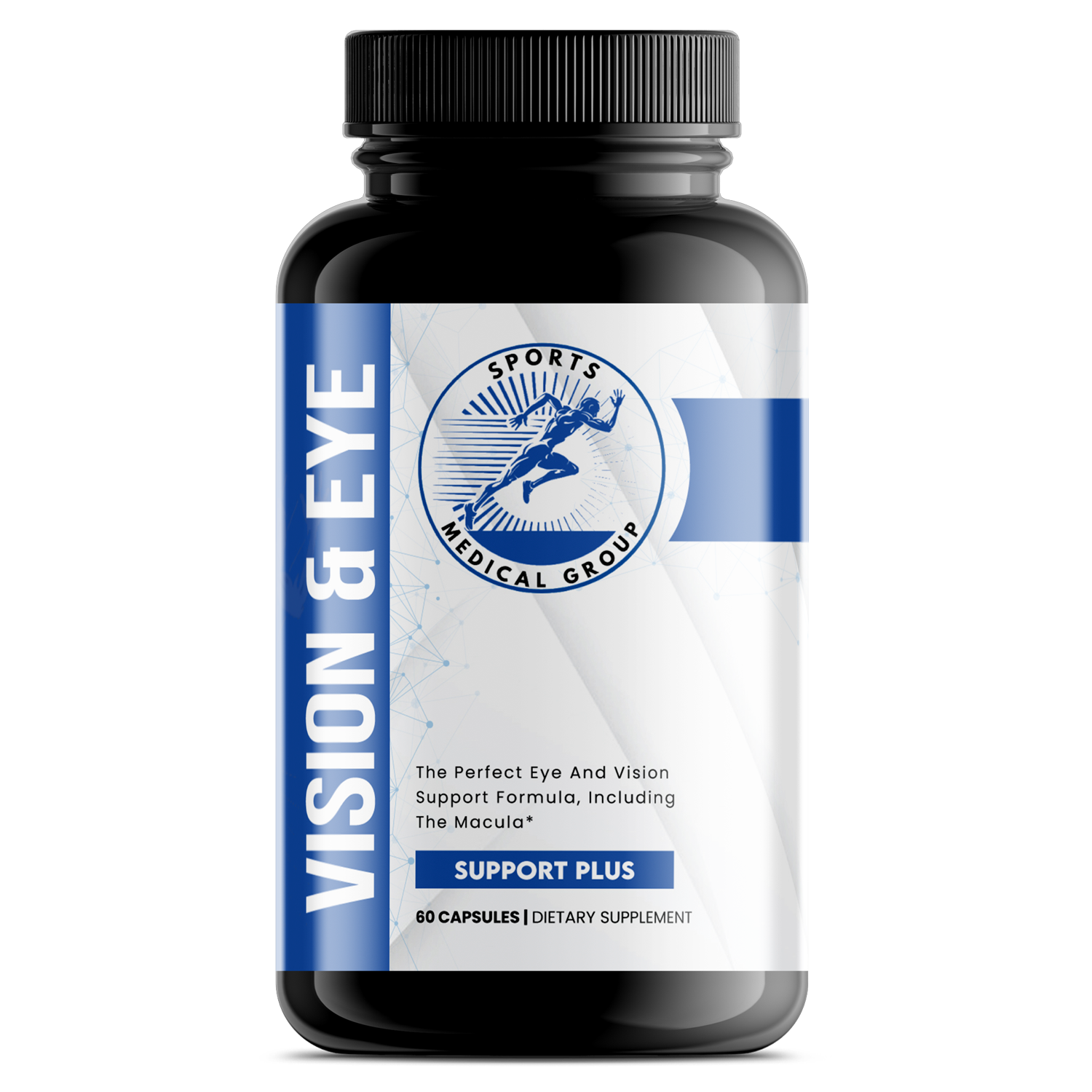
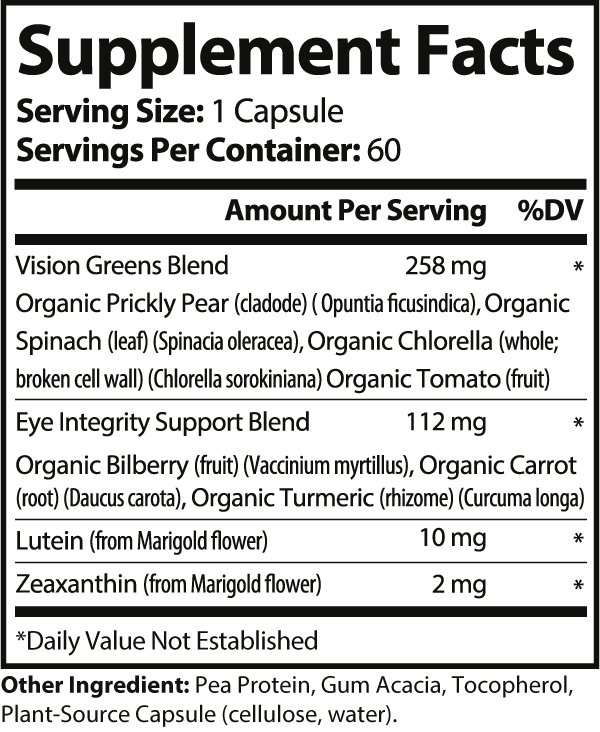
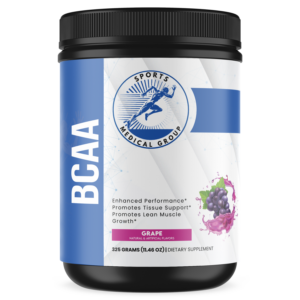
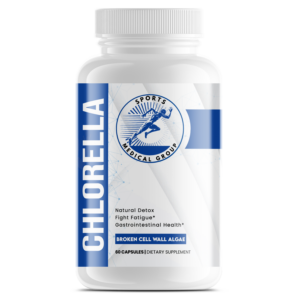

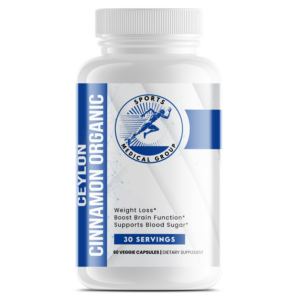
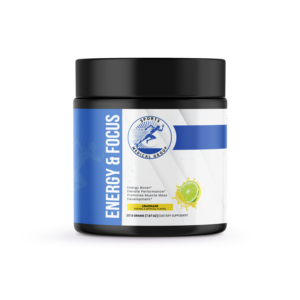
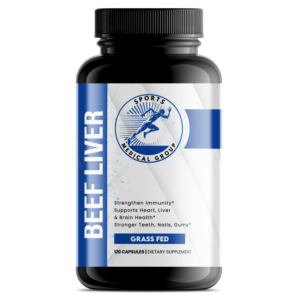
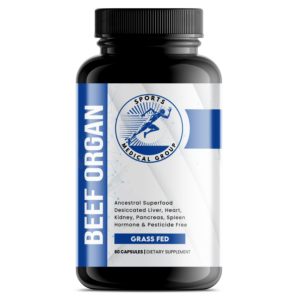
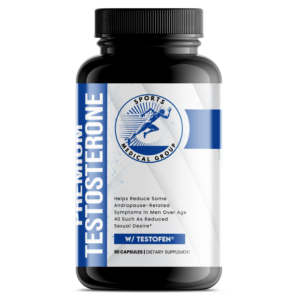

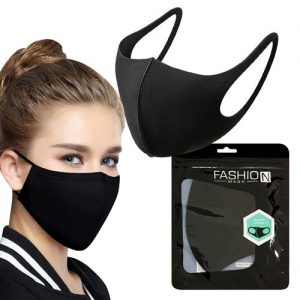

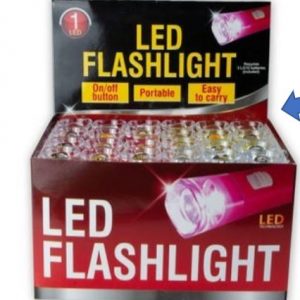

Reviews
There are no reviews yet.